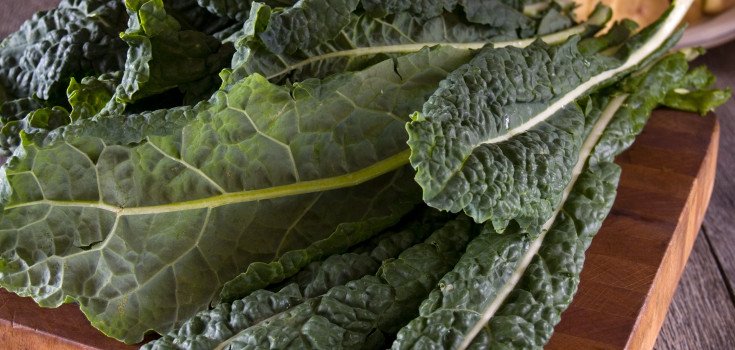Vegetable Compound 100% Effective in ‘Preventing Cancer from Spreading’

Would you ever think that staple condiments used at sushi bars could help treat bladder cancer? While brown seaweed is excellent at destroying lymphoma cells, a compound in brown mustard and cruciferous vegetables called allyl isothiocyanate (AITC) was 100% effective at keeping cancer from spreading to muscles’ cells from the bladder, and bladder cancer growth within the organ was reduced by 34% in a recently conducted experiment.
The study providing evidence of brown mustard’s effectiveness comes from Arup Bhattacharya, a scientists with a Ph.D. in Molecular and Cellular Biophysics from the Department of Cancer Biology at Roswell Park, SUNY at Buffalo. He also teaches homeopathy.
Bhattacharya’s studies have been published repeatedly in peer-reviewed journals, with this recent study on brown mustard treating cancer patients being found in the Oxford Journal. His findings show overwhelmingly that brown mustard compounds “strongly inhibit bladder cancer development and progression.”
This is what research has to say about the compound:
“Allyl isothiocyanate (AITC), also known as mustard oil, is one of the most common naturally occurring isothiocyanates (ITCs). ITCs occur primarily in cruciferous vegetables, many of which show significant cancer chemopreventive activities, and therefore are widely suspected to account in part for the cancer preventive activities of these vegetables in humans”
How Does the Compound Work to Alleviate Cancer?
One of the same compounds found in cruciferous vegetables, AITC is an ester. Bhattacharya’s study looked past eating broccoli, though, and focused on AITC-rich mustard seed powder.
In untreated control subjects with bladder cancer, researchers found that tumors invaded the surrounding muscles 71 percent of the time. In subjects treated with AITC, bladder cancer growth was reduced by 34.5 percent. AITC also “blocked muscle invasion by 100 percent.”
AITC was extremely effective at stopping the cancer from spreading to muscles.
A similar conclusion was found by Dr. Anthony Di Pasqua, a bioinorganic chemist at the University of North Carolina and his colleague Dr. Fung-Lung Chung from Georgetown University. Their studies support Bhattacharya’s conclusions about AITC is brown mustard seed. Dr. Di Pasqua said:
“Our studies have shown that, once inside the cell, ITCs bind to proteins and that protein binding affinities are closely associated with the ability to induce apoptosis (cell suyicide).”
This is exceptionally good news considering that cancerous bladder tumors usually spread very fast, and usually have only been treated with surgery, radiation, and chemo. Often, removal of the entire bladder is recommended by Western medicine, but with the consumption of AITC-rich brown mustard seed, the need for these invasive procedures could be reduced.
Another AITC-rich food is wasabi – up to 40 times more effective than just eating cruciferous vegetables like broccoli. So the next time you eat sushi, use wasabi and brown mustard generously. (100 percent pure Wasabia japonica is best.)
You just might be protecting your bladder from cancer. Who knew?
Additional Sources:
